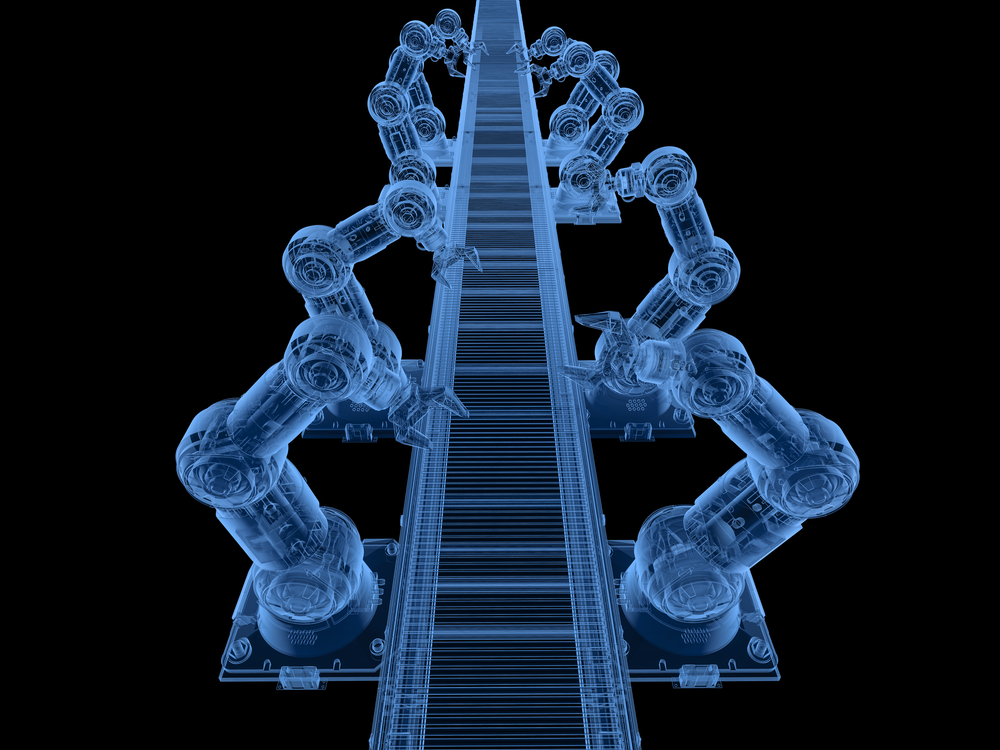By: Brian DeVault
Artificial Intelligence (AI) is poised to have a transformative impact on the majority of businesses across various industries. Here are several ways in which AI is expected to influence businesses:

- Automation of Routine Tasks:
– AI can automate repetitive and mundane tasks, freeing up human resources to focus on more complex and creative aspects of their jobs.
– Automation can lead to increased efficiency, reduced operational costs, and faster task completion. - Enhanced Decision-Making:
– AI systems can analyze large datasets at incredible speeds, providing businesses with valuable insights for more informed decision-making.
– Predictive analytics and machine learning algorithms help businesses anticipate trends, customer preferences, and market changes. - Improved Customer Experience:
– AI-powered chatbots and virtual assistants enable businesses to offer personalized and immediate customer support.
– Recommendation engines use AI to suggest products or services based on individual preferences, enhancing the overall customer experience. - Data Security and Fraud Detection:
– AI is crucial in identifying patterns and anomalies in data, aiding in the detection of potential security threats and fraudulent activities.
– Advanced AI algorithms can continuously monitor and adapt to evolving cybersecurity risks. - Supply Chain Optimization:
– AI helps optimize supply chain processes by predicting demand, managing inventory levels, and improving logistics and distribution.
– Predictive analytics can reduce waste, improve efficiency, and enhance overall supply chain performance. - Personalized Marketing:
– AI enables businesses to analyze customer data and behavior, facilitating the delivery of personalized marketing messages and offers.
– Targeted advertising, content recommendations, and personalized promotions contribute to higher customer engagement and conversion rates. - Human Resources and Recruitment:
– AI can streamline the recruitment process by automating resume screening, identifying suitable candidates, and even conducting initial interviews.
– Predictive analytics can assist in workforce planning and talent management. - Productivity and Collaboration:
– AI-driven tools enhance productivity by automating tasks, managing schedules, and providing intelligent insights.
– Collaboration tools powered by AI enable teams to work more efficiently and foster innovation. - Healthcare Advancements:
– AI plays a crucial role in medical diagnostics, drug discovery, and personalized medicine.
– Predictive analytics can help healthcare providers identify potential health risks and recommend preventive measures. - Continuous Learning and Adaptation:
– AI systems can continuously learn and adapt, improving their performance over time.
– Businesses can leverage AI to stay agile and respond effectively to changing market conditions and customer preferences. - Cost Savings and Efficiency:
– Automation and optimization through AI can result in significant cost savings and increased operational efficiency.
– Businesses can allocate resources more effectively, reducing waste and improving overall profitability.
While AI presents numerous opportunities, it also raises ethical considerations, such as job displacement, bias in algorithms, and data privacy concerns. Businesses need to implement AI responsibly, addressing these issues to ensure a positive and sustainable impact on both their operations and society as a whole.
